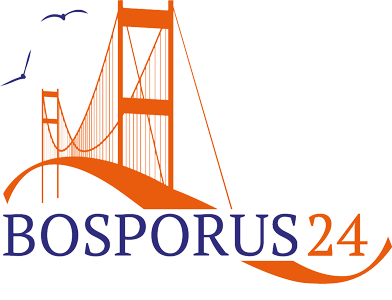Trade regulations and tariffs: Focus on Europe-Asia trade relations
Trade rules and tariffs play a decisive role in trade relations between Europe and Asia. Here we explain the existing regulations and customs duties that companies must observe in order to be successful in trade between these two regions.
I.Overview
Trade regulations and customs duties have a significant influence on the movement of goods between Europe and Asia. They are of great importance for companies that want to operate in this market.
1. Commercial regulations
The trade regulations define how the movement of goods between the regions is handled. This includes customs procedures, customs assessment and rules of origin.
2. Custom Duties
Costum Duties are taxes levied on imported goods. They can be a significant cost factor for companies and influence trade.
II. Bilateral trade agreements
1. EU-China Comprehensive Agreement on Investment (CAI)
The CAI is a recently concluded agreement between the European Union and China. It aims to improve market access for European investors in China and reduce trade restrictions.
2. Free trade agreements
There are also a variety of free trade agreements between European countries and Asian countries. These agreements reduce or eliminate duties on certain goods and services.
III.Non-tariff barriers to trade
1. Quality and safety standards
Non-tariff barriers to trade can take the form of quality and safety standards. Companies must ensure that their products comply with the relevant regulations.
2. Customs procedure
Complex customs procedures can slow down the movement of goods and cause costs, so efficient customs clearance is crucial.
IV.Impact on trade
1. Cost effects
Customs duties and trade regulations can cause significant costs for companies, which can affect competitiveness in the market.
2. Market access
Compliance with trading rules can make market access easier or more difficult. Companies must ensure they meet the requirements to succeed in both regions.
Challenges and Adaptations in Germany
1. Compliance management
Companies need to implement effective compliance management systems to ensure they comply with all relevant regulations.
2.Customs advice
Working with experienced customs advisors can help companies learn and implement best practices in dealing with customs and trade regulations.
VI.Future prospectsVI. Les perspectives d’avenir
1. Digitization
The digitalization of trade processes and customs processing will play a greater role in the future. This could improve efficiency and facilitate compliance - that is, compliance with law and law by the company.
2. Trade diplomacy
The further development of trade agreements and the resolution of trade conflicts will continue to influence trade relations between Europe and Asia.
Trade regulations and tariffs are crucial factors in trade relations between Europe and Asia. Companies must be aware of how these regulations can affect their trade and take appropriate measures to minimize costs and ensure compliance. The future will be shaped by digitalization and trade diplomacy, and companies that adapt to these developments will succeed in this dynamic market.

